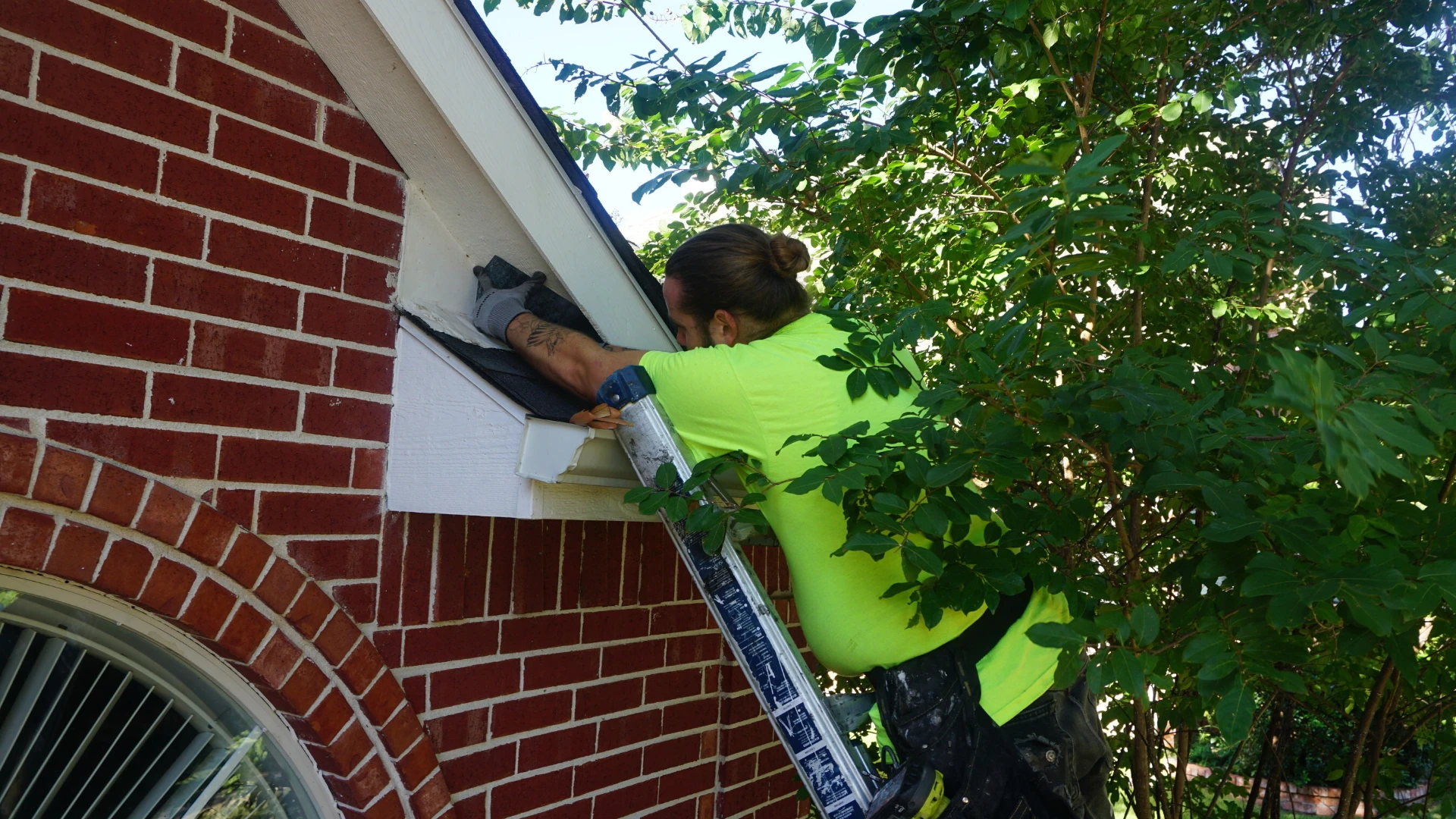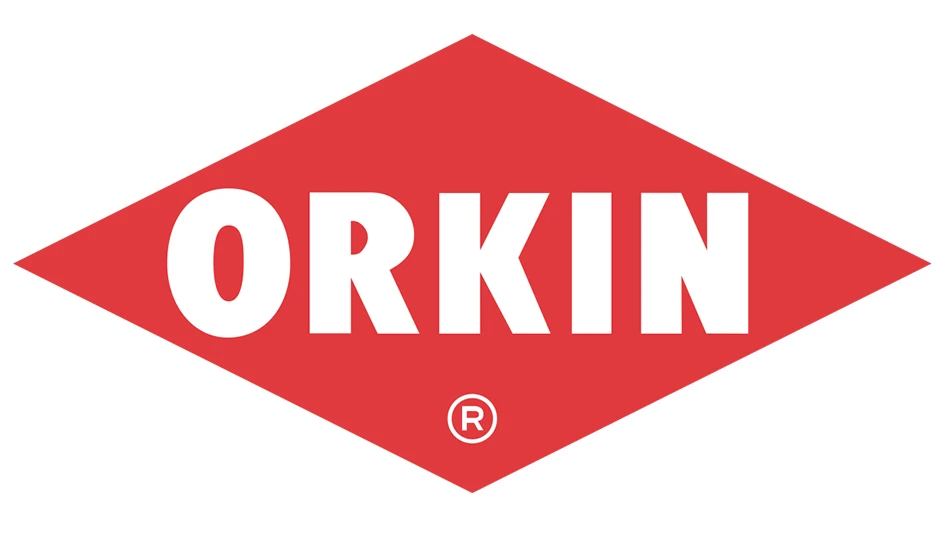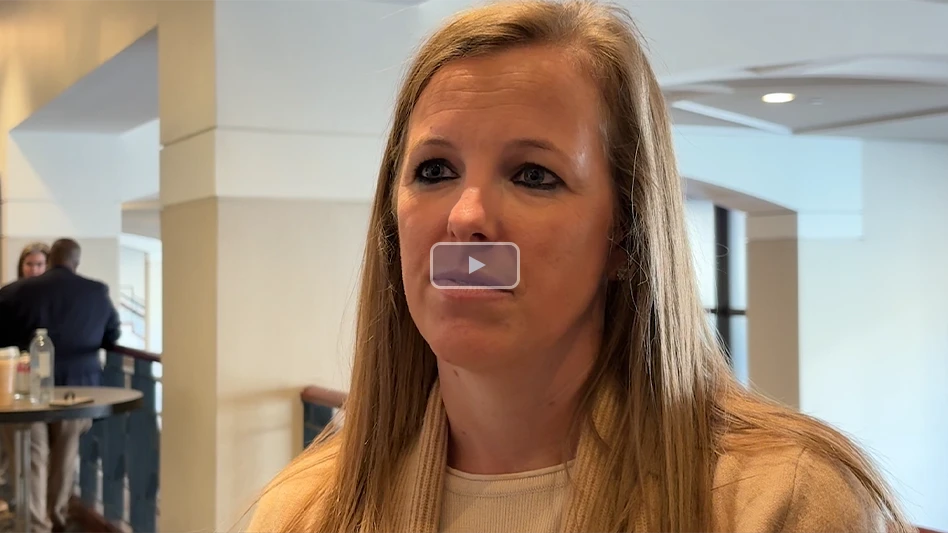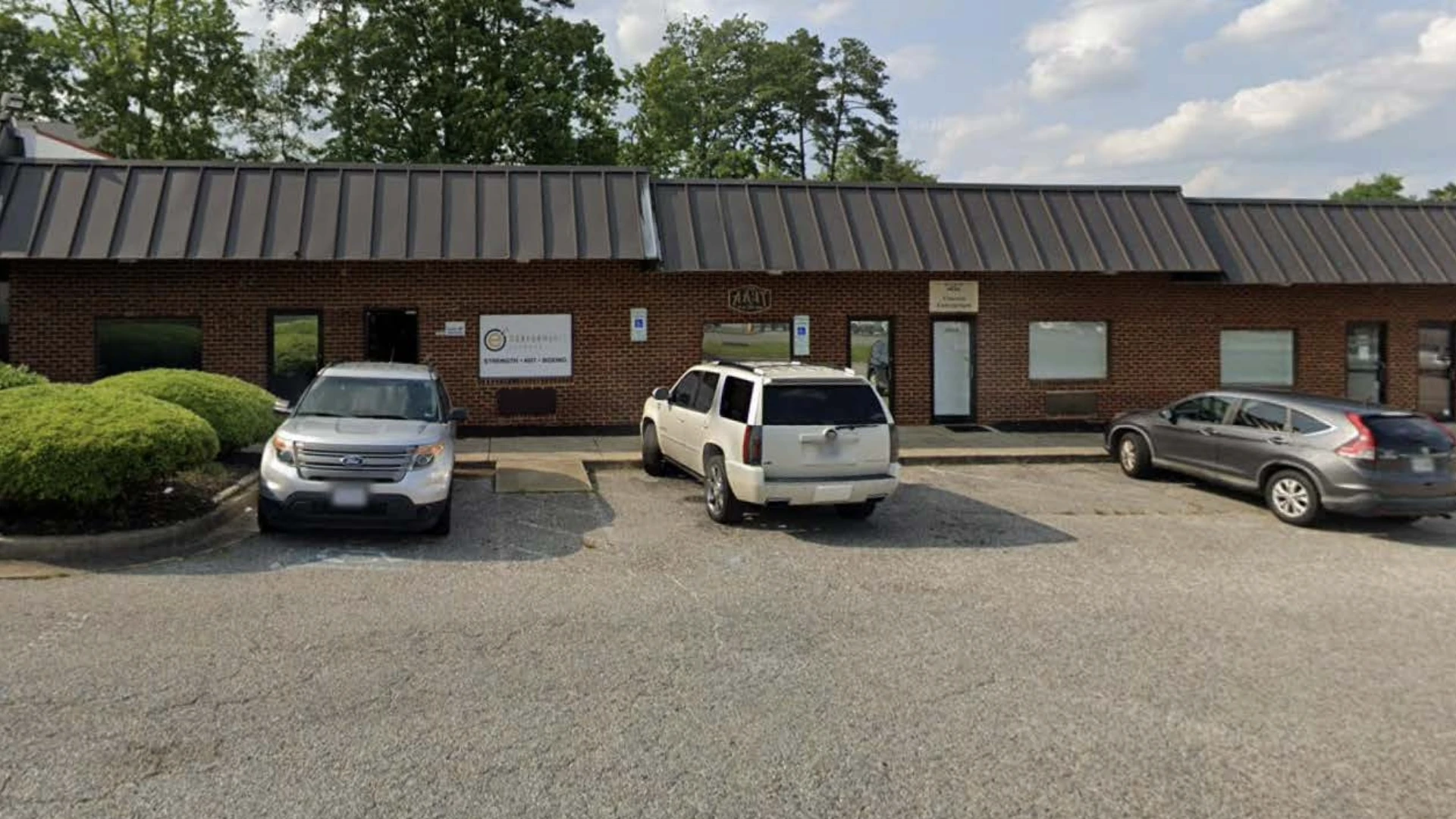
WEST POINT, N.Y. – The spongy moth (Lymantria dispar), an invasive insect known for defoliating hardwood trees, has returned to the Hudson Valley, sparking concerns about another season of forest damage. After last year’s severe outbreak that stripped thousands of acres and stressed local ecosystems, experts are moving quickly to respond.
One of the most affected areas in 2024 was the United States Military Academy at West Point, where large sections of forest suffered heavy defoliation.
In response to the renewed threat, Pestmaster Services of the Hudson Valley partnered with West Point to implement a proactive treatment plan. This week, the company completed an aerial application of a biological control designed to interrupt the spongy moth’s life cycle while minimizing environmental impact.
The treatment covered more than 1,500 acres of forested land across the academy grounds, aiming to protect the region’s vital tree canopy before the infestation peaks.
Check out a video of this treatment being done.
Latest from Pest Control Technology
- Phorid Flies May Signal Sewer Breaks
- BELFOR Franchise Group Launches Clear Pest Pros
- Orkin's 'Mosquitoes Don't Deserve a Drop' Blood Drive Kicks Off in Atlanta
- Jon Gaeta Promoted to RISE Senior Director Government Affairs
- Texas PWIPM Chapter Gives Back to Women in Need at Women's Forum
- Argentina Hosts 22nd Jornadas Chemotecnica
- Syngenta's Lisa Eppler on WHO Partnership, Malaria's Global Impact
- UF/IFAS Scientists Confirm Hybrid Termites Established in Florida





